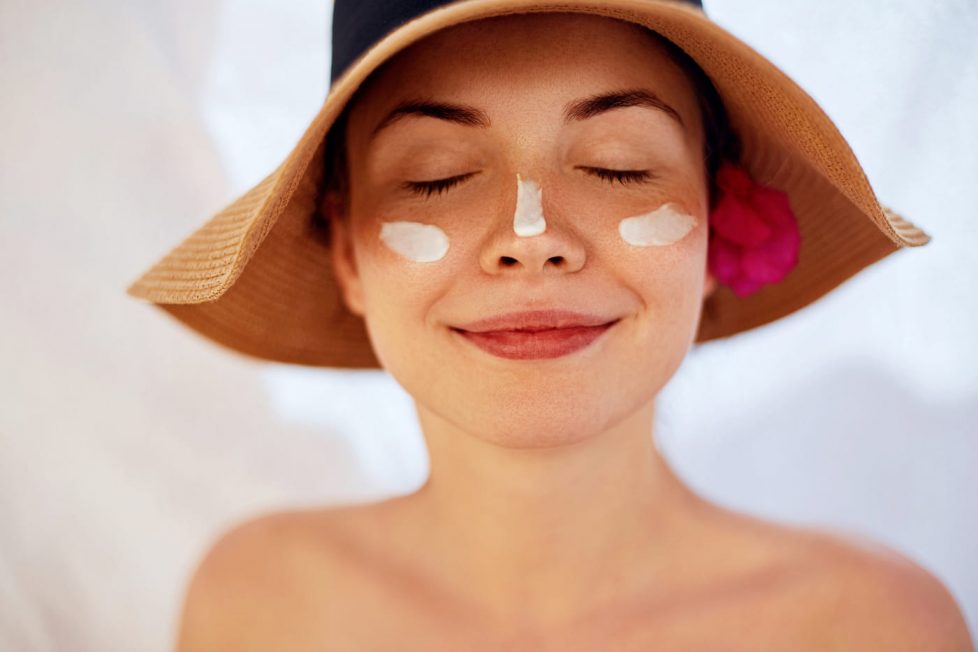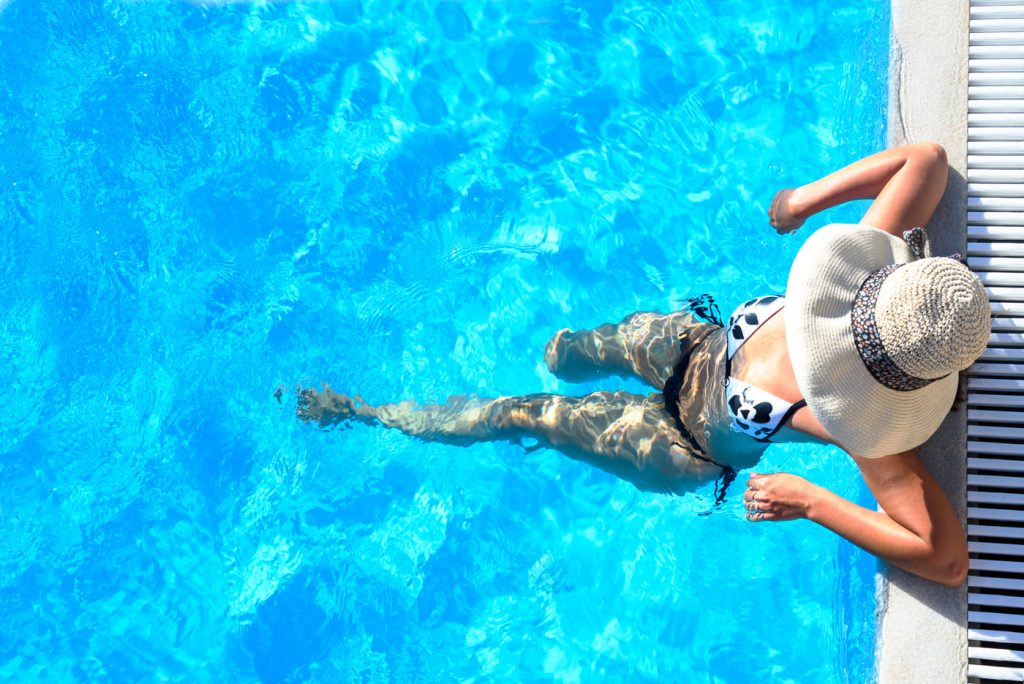6 tips for avoiding summer Eczema
For people with summer eczema, summer isn’t always so sweet.

Itchy, uncomfortable summer eczema can be an unpredictable condition. For some people, the dry, indoor air of winter causes flare-ups. But for others, it’s warmer weather — and the sweating, outdoor allergens, and increased exposure to sunlight — that can ignite a bout of itching, rashes, and other symptoms.
This can make swim parties, picnics, and other kinds of outdoor fun challenging. Fortunately, you can take steps to ward off the worst of warm-weather effects on eczema. People who have this condition should absolutely be able to go to the beach, enjoy their vacation, and have a relaxing timewe suggest.
In fact, relaxing reduces stress, which can help reduce summer eczema. People with eczema just have to take certain precautions both before and after warm weather activities. The soaring temps and warm-weather activities, like swimming and spending hours in the sun, can be eczema triggers. So why is summer such a tricky time for eczema? For one, increased heat and humidity can lead to more sweating, sweating is enemy No. 1 for eczema-prone skin in the summer, because it can lead to increased aggravation, according to a research.
Sweat contains various salts that can be irritating to broken skin, such as eczema skin. More specifically, sweat can contain zinc, copper, iron, nickel, cadmium, lead, manganese, sodium, and chloride, and when these build up, irritation could result. You may notice eczema worsens mainly in areas where moisture gets trapped, such as the elbows, the back of the neck, or the backs of the knees. Jumping into the water and slathering on sunscreen — two common summertime habits — can also cause the eczema you thought you had under control to go into turmoil. The good news is you can take a proactive approach to minimizing these risks.

Choosing a physical sunscreen versus a chemical one is the best option for people with summer eczema. Some chemical sunscreens can be irritating to sensitive skin, but physical sunscreens are also more moisturizing. Look for the words “physical” or “mineral” on the bottle and ingredients such as zinc oxide and titanium dioxide.
This treatment option uses ultraviolet light — the same that is found in sunlight — which has been filtered to remove the damaging aspects. Controlled exposure to ultraviolet light during the daytime can improve eczema and prevent flares due to the anti-inflammatory properties of ultraviolet B wavelengths.
A study published in The British Journal of Dermatology involving children with eczema found chat narrowband ultraviolet B treatment reduced the signs of eczema by 61 percent. This treatment doesn’t need to be limited to a summer practice, though, and can be used year-round.
Staying dry should be your summertime mantra if you’re struggling with summer eczema-prone skin. If you feel perspiration start to build and your T-shirt start to stick to your back, for instance, swap your wet clothes for dry ones as soon as you can.
A study found that changing clothes when they become wet with sweat is an effective way to manage sweat if you have eczema. Also, wearing lightweight, long-sleeved clothing is often necessary for protecting your skin from sunburn. Make sure that your clothing choices include lightweight materials that won’t cause you to sweat. Clothing should also be loose to prevent unnecessary irritation to your skin.
Chemicals found in chlorinated pools and salt found in the ocean could be a problem for those with sensitive skin. Just in case there’s no shower in sight, bring along a spray bottle filled with water and use it to rinse off immediately afterward. Follow up by reapplying moisturizer and sunscreen to protect the skin and keep it from drying out.
Trying to minimize sweating is an obvious first line of defense. Staying cool by avoiding excessively warm temperatures and reducing sweating are the most important strategies. That might mean sticking to the shade when you’re outside or staying indoors in an air-conditioned environment when the temperatures climb. Be sure to drink plenty of water, too. That habit will keep your body at a normal temperature, and opt for loose-fitting clothes in breathable fabrics.
In addition to these tips for eczema relief in the summer months, it’s also important that you visit your dermatologist for professional medical care of your summer eczema condition. The expert dermatologists offer a variety of treatments to reduce summer eczema flare-ups, including topical corticosteroids. Medication therapy can reduce swelling, inflammation, and itching to reduce your risk for more serious skin infections and other eczema-related skin damage. If your eczema seems out of control this summer, don’t delay a professional skin consultation.
